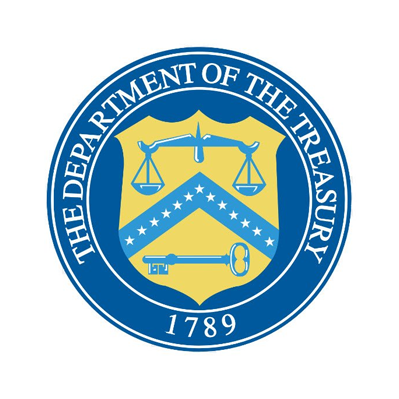Description
Committee on Foreign Investment in the United States is an inter-agency committee of the United States Government that reviews the national security implications of foreign investments in U.S. companies or operations. Chaired by the United States Secretary of the Treasury, CFIUS includes representatives from 16 U.S. departments and agencies, including the Defense, State and Commerce departments, as well as (most recently) the Department of Homeland Security.
CFIUS was first established by President Gerald Ford's Executive Order 11858 in 1975, initially to study foreign investment. But in the 1980s, fear of Japanese investment (and in particular a proposed purchase of Fairchild Semiconductor by Fujitsu) led Congress to pass the Exon–Florio Amendment in 1988, which empowered CFIUS to reject deals. From 2013 to 2015, 20% of CFIUS's cases have to do with investment from China. CFIUS does not acknowledge which deals are under review, does not require the involvement of any of the parties of a deal, and does not publicly announce its findings.
Process
All companies proposing to be involved in an acquisition by a foreign firm are supposed to voluntarily notify CFIUS, but CFIUS can review transactions that are not voluntarily submitted.
CFIUS' primary concern in most reviews is that technology or funds from an acquired U.S. business might be transferred to a sanctioned country as a result of being acquired by a foreign acquirer.
CFIUS reviews begin with a 45-day decision to authorize a transaction or begin a statutory investigation. If the latter is chosen, the committee has another 45 days to decide whether to permit the acquisition or order divestment. Most transactions submitted to CFIUS are approved without the statutory investigation. However, in 2012 about 40% of the 114 cases submitted to CFIUS proceeded to investigation.
CFIUS provides close scrutiny to acquisitions of critical infrastructure, including public health or telecommunications, among others.
CFIUS has looked at the "restrictions on sale of advanced computers to any of a long list of foreign recipients, ranging from China to Iran." CFIUS reviews even deals with firms from U.S. allies, such as BAE Systems' early-2005 acquisition of United Defense. This and the vast majority of transactions submitted to CFIUS are approved without difficulty. But at least one deal has been called off when CFIUS began to take a closer look.
























